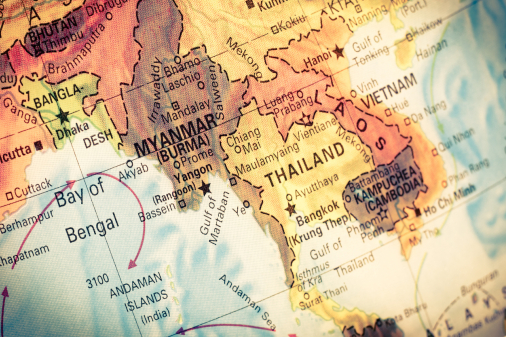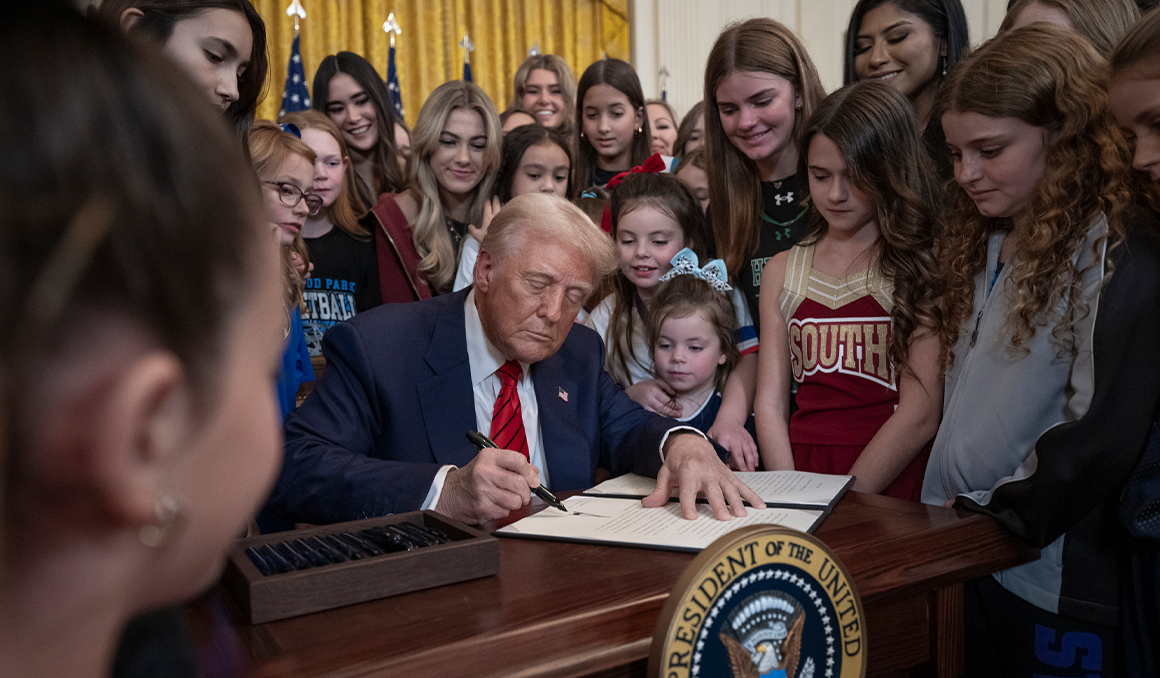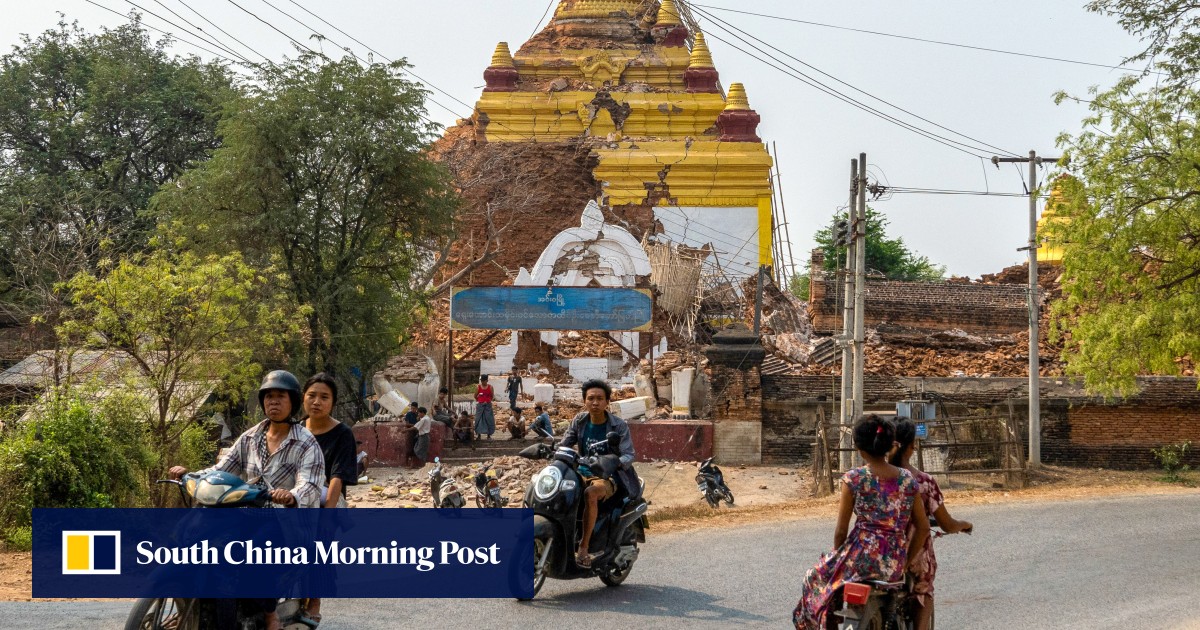
The 7.7-magnitude earthquake that struck central Myanmar last week has intensified the hardship faced by the country’s religious minorities, plunging already vulnerable Christian communities into deeper crisis and displacement.
As the epicentre of the quake, Mandalay, and surrounding regions such as Shan, Bago, Sagaing, Magway, and Nay Pyi Taw have seen immense destruction. Thousands have died and hundreds are still missing. There are fears that the death toll may ultimately exceed 10,000 as search and recovery operations continue.
As the broader population grapples with the disaster’s aftermath, Myanmar’s religious minorities, particularly Christians and ethnic faith groups already facing decades of systemic repression, have been hit hardest, with reports warning that they have been left especially vulnerable to the destruction and are underserved in relief efforts.
Government policies in Myanmar restrict the construction and repair of religious places of worship, meaning that these places were already structurally vulnerable when the earthquake hit.
As such, in the aftermath, Christian communities have reported widespread damage to churches and other religious institutions.
According to Fides News Agency, St Michael’s Catholic Parish in Mandalay and St Joseph’s Cathedral in Taunggyi suffered significant structural damage, rendering them unsafe for worshippers. In Shan State, St Joseph’s Cathedral in the capital, Taunggyi, was also affected.
In response, local church leaders have urged the faithful to offer shelter, aid, and prayers to those displaced, recognising that the losses are both physical and spiritual, as many congregations are now without safe spaces to gather, grieve, and support one another.
Christian relief organisations have swiftly acted in response to the crisis caused by the earthquake.
Samaritan’s Purse has deployed teams from Vietnam and Cambodia and set up a large emergency field hospital in Myanmar. The organisation, headed by Franklin Graham, has also dispatched medical staff, equipment and supplies like water filters, hygiene kits and temporary shelters.
Christian Aid has also launched a locally led response, confirming severe flooding after the Kyaukse Kinta Dam burst.
The organisation is distributing clean water, food, shelter, and cash aid to affected communities, prioritising religious minorities.
Following a rare request for help from the junta, international aid has also arrived from China, Russia, India, Thailand, Malaysia, and Singapore.
A Taiwanese rescue team remains on standby but has reportedly been denied entry due to geopolitical sensitivities.
Nonetheless, ongoing military offensives are further compounding the crisis, especially for religious and ethnic minority communities.
The ruling junta has continued to launch airstrikes on civilian areas, including regions populated by Christian and ethnic groups in Sagaing, Kachin and Karen.
This militarised response, in the midst of a natural catastrophe, is leaving already vulnerable Christian and ethnic minority communities stranded - cut off from both local and international aid workers.
Despite a call from the National Unity Government (NUG) for a two-week ceasefire to allow aid delivery, the junta has refused.
The UN Special Rapporteur on Human Rights in Myanmar, Tom Andrews, condemned the obstruction, warning that the military is once again weaponising aid - a tactic historically used to suppress religious and ethnic minorities.
Human rights advocates are urging the international community to pressure the Myanmar military to cease hostilities, allow unfettered access to humanitarian aid, and ensure relief reaches all communities equitably.
Mervyn Thomas, founder president of Christian Solidarity Worldwide (CSW), stated: “It is vital to support relief and recovery efforts in Myanmar and to ensure that humanitarian assistance reaches all affected communities equitably.
"No effort must be spared to ensure that the rights and dignity of every community, regardless of faith, are upheld during this critical time, and the international community must also press the military regime to ensure that the systemic inequities that leave minority communities especially vulnerable are addressed.”

 By Christian Today | Created at 2025-04-04 12:28:41 | Updated at 2025-04-05 02:13:50
16 hours ago
By Christian Today | Created at 2025-04-04 12:28:41 | Updated at 2025-04-05 02:13:50
16 hours ago








